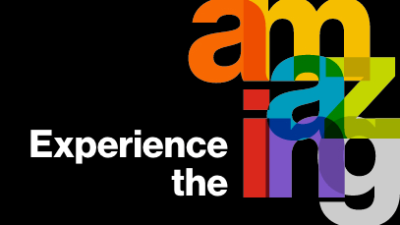
David Meek
Visiting Assistant Professor
David Meek
Visiting Assistant Professor
Bio
Dr. David Meek is a Visiting Assistant Professor in Masters of Science in Secondary Education (MSSE) at RIT/NTID. Prior to joining the faculty, he was a Visiting Research Professor in the Sensory, Perceptual and Cognitive Ecology (SPACE) Center.
Dr. Meek received his Doctorate of Education in Deaf Studies and Deaf Education from Lamar University in 2018. He received his Bachelor of Science in Deaf Education and a Master of Arts in Special Education: Mild Intervention from Ball State University. Dr. Meek has 20 years of experience as an educator in Higher Education, Deaf Education, and Special Education (working with students with various degrees of disabilities).
Select Scholarship
Meek, D. R. (2020, June). Dinner table syndrome: A phenomenological study of deaf individuals' experiences with inaccessible communication. The Qualitative Report, 25(6), 1676-1694.
Musyoka, M. M., Gentry, M. A., & Meek, D. R. (2017, June). Perceptions of teachers' preparedness to teach deaf and hard of hearing students with additional disabilities: A qualitative case study. Journal of Developmental and Physical Disabilities, 29(5), 827-848.




